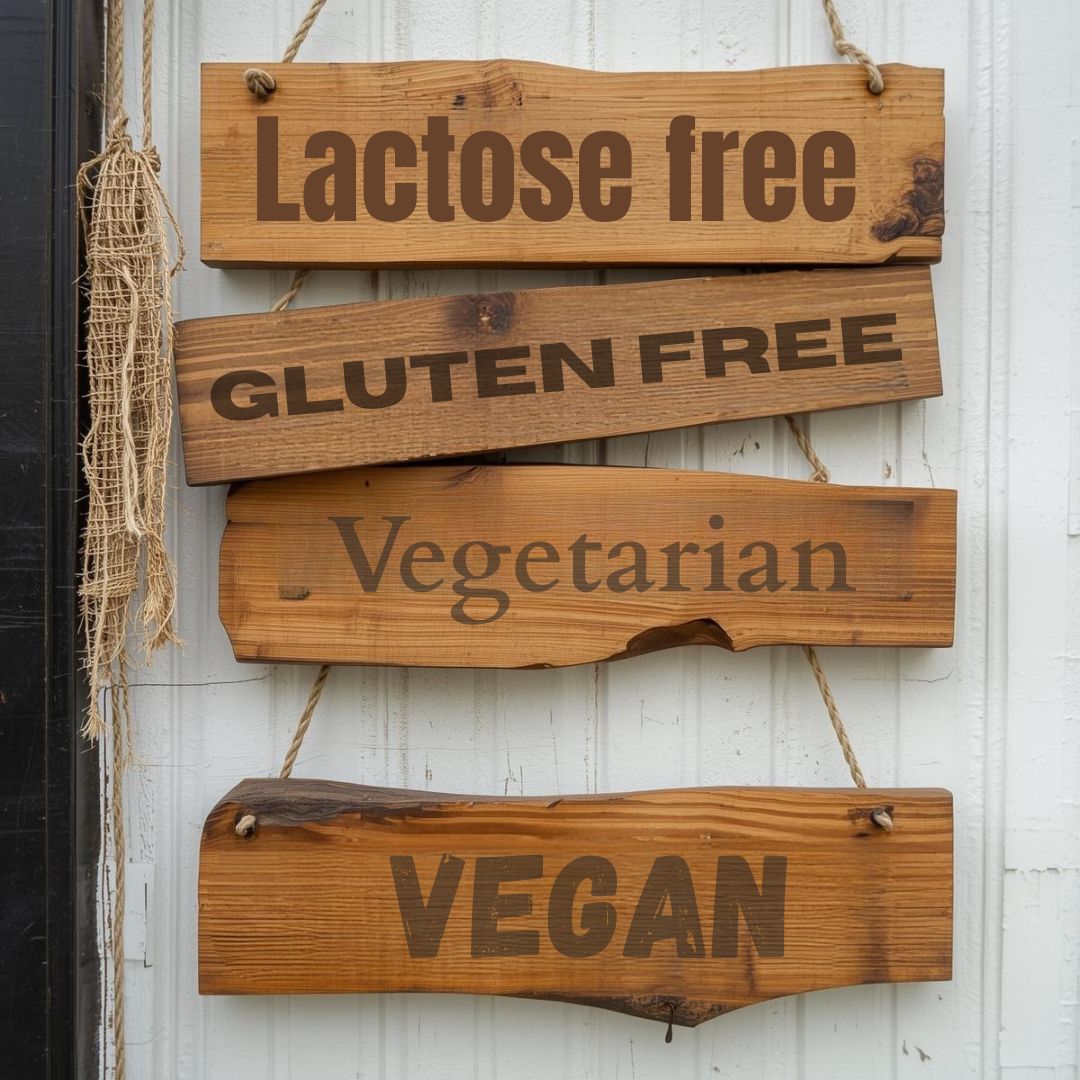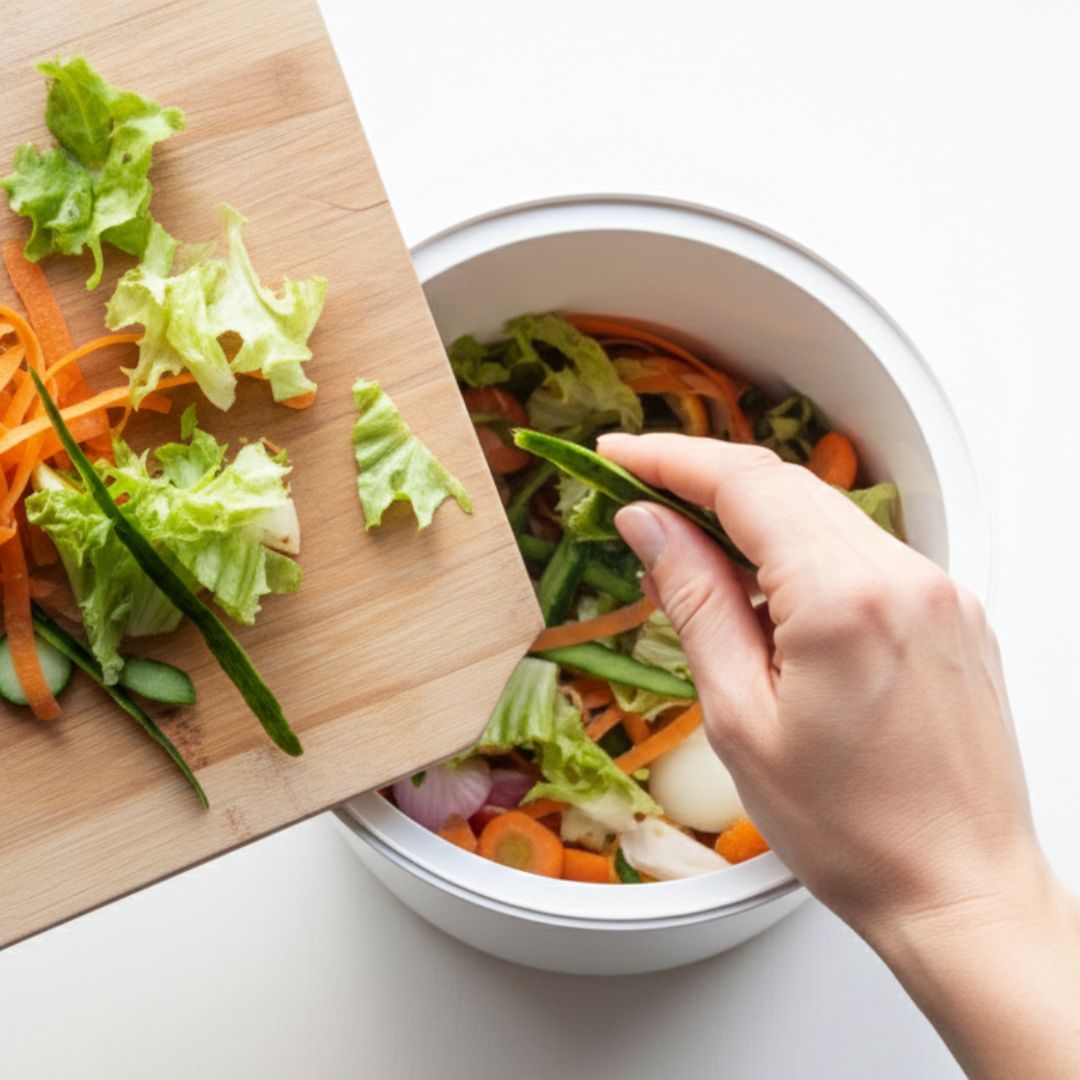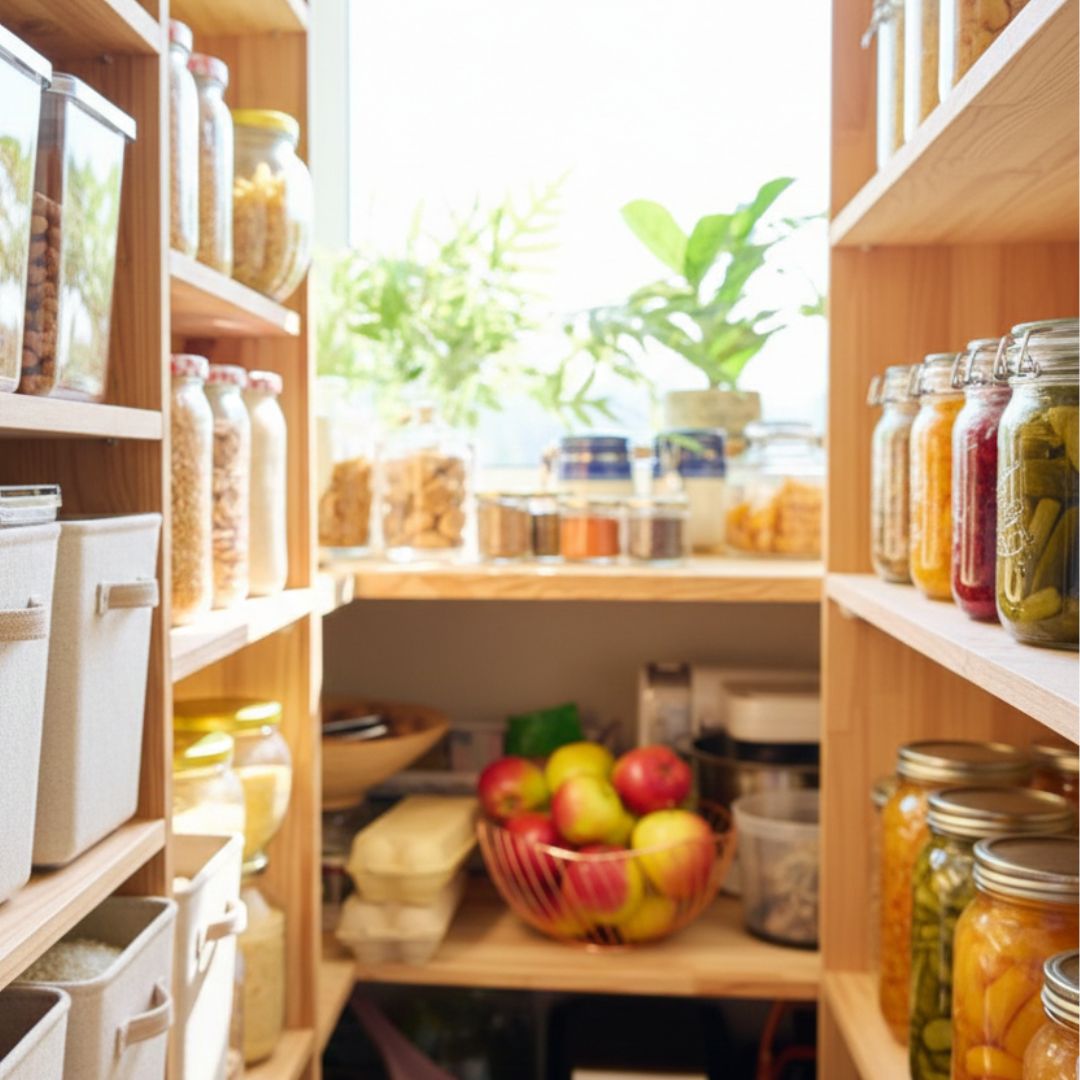Vegetarian, vegan, lactose intolerance, gluten sensitivity: hand dictionary for different diets and food allergies
2023. 11. 16.

Vegetarian diet
When it comes to the vegetarian diet, the only thing that often comes to mind is that it is a lifestyle where no meat is on the plate. However, the topic is a bit more nuanced.
- Some vegetarians completely avoid fish and seafood.
- People who eat these foods are called pescatarians.
- And pollotarians only eat dishes of poultry.
- It should be known about flexitarians that they rarely give in to the temptation of meat, but prefer white meat.
A vegetarian diet is based on plant-based proteins such as beans, lentils and soy. These foods are not only tasty, but also nutritious and a great substitute for meat. High-fiber fruits, vegetables, seeds, legumes, and nuts, as well as whole grains (quinoa, bulgur, and brown rice), are also essential in a balanced vegetarian diet..
But why does someone choose a vegetarian lifestyle? The answers can be many. Some people decide this way, seeing the health benefits, since a meat-free diet has a positive effect on our body - this is supported by numerous studies. Others avoid meat for religious or ethical reasons, while some stand up for environmental protection and speak out against the harmful effects of large-scale animal husbandry.
Vegan diet
The vegan diet is not just an eating style, but a deep-rooted way of life that completely excludes all ingredients of animal origin. Veganism stems from respect for animals and environmental awareness and goes far beyond dietary habits.
Vegans reject the consumption and use of all products of animal origin (eggs, lard, foie gras, etc.) and/or associated with the exploitation of animals, be it fashion items made of animal skin, real fur or cosmetics tested on animals.
Raw vegans even avoid heat treatment and only prepare their food at temperatures below 40°C so that the ingredients retain their nutritional content.
Lactose intolerance and milk allergy
Lactose intolerance and milk allergy are two different things, and there are significant differences between them.
There are two main components of cow's milk
- milk sugar, i.e. lactose,
- and milk protein.
In the case of lactose intolerance, the body is unable to properly break down milk sugar, as it does not produce enough lactase enzyme. This can cause digestive problems such as bloating, diarrhea and abdominal pain. In the case of people with lactose intolerance, the amount and activity of the lactase enzyme varies from person to person, so the amount of lactose that can be consumed also varies from person to person. Some people experience symptoms even after consuming small amounts of dairy products, while for others only larger amounts cause problems.
In contrast, a milk allergy, which is actually a milk protein allergy, is an immune system reaction that can trigger a severe allergic attack after consuming even a drop of milk..
(There is also milk protein intolerance, which can produce symptoms similar to indigestion or inflammation, especially in cases where the permeability of the intestinal wall increases - this is the so-called "leaky gut" syndrome.)
It is important that anyone who notices unpleasant symptoms after consuming dairy products consult a specialist, who will help clarify whether it is lactose intolerance or a milk allergy. Accurate information and conscious nutrition can help alleviate symptoms and maintain a good quality of life. For example, if you use the PLANT-BASED milk maker you can make home-made vegan, plant-based drinks that are guaranteed to contain neither lactose nor milk protein!
Gluten sensitivity
Gluten sensitivity (also known as celiac disease) is a condition that is still a mystery to many. The name of the disease does not include the words "allergy" or "intolerance", so the question often arises: in which group can this disease be classified? The answer is simple, yet complex: gluten sensitivity is a genetically determined autoimmune disease that involves damage to the mucosa of the small intestine affecting the intestinal villi.
The problem is caused by the protein of the grain cereals - wheat, rye and barley - or more precisely, one of its components, gliadin. Many people's bodies are intolerant to this protein, which triggers an autoimmune reaction. The essence of the disease is that the body considers gliadin as a foreign substance and produces antibodies against it. Unfortunately, this process damages not only the gliadin, but also the villi cells of the small intestine, leading to severe malabsorption..
As a result of gluten sensitivity, damaged intestinal villi are unable to effectively absorb nutrients, which can lead to vitamin and mineral deficiencies, as well as abdominal symptoms, weight loss, and diarrhea. The symptoms of the disease can be varied.
(It is worth distinguishing gluten sensitivity from wheat allergy. In the case of a wheat allergy, the symptoms are caused by the irritating effect of the grain on the mucous membrane, and the symptoms can be similar to those of a pollen allergy.)
The diagnosis and treatment of gluten sensitivity is a complex process that requires expert medical supervision. A gluten-free diet is not just a dietary choice, but a necessary step for those who suffer from this autoimmune condition. Information and appropriate dietary changes are essential in treating the disease and maintaining a good quality of life. Our MOCKMILL grain mills are suitable for grinding soft cereals, hard grains, spices and legumes. Basically, they come to you gluten-free, so if you grind only gluten-free food in it, you can easily omit gluten from your diet.
Be a vegetarian or vegan, or whether you are lactose intolerant or gluten sensitive, don't give up on delicious snacks and the joy of baking and cooking! Get the most modern tools from us to make a menu that fits your diet!
 Austria
Austria
 Belgium
Belgium
 Bulgaria
Bulgaria
 Croatia
Croatia
 Czech Republic
Czech Republic
 Denmark
Denmark
 Estonia
Estonia
 Finland
Finland
 France
France
 Germany
Germany
 Greece
Greece
 Hungary
Hungary
 Ireland
Ireland
 Italy
Italy
 Latvia
Latvia
 Lithuania
Lithuania
 Luxembourg
Luxembourg
 Netherlands
Netherlands
 Poland
Poland
 Portugal
Portugal
 Romania
Romania
 Slovakia
Slovakia
 Slovenia
Slovenia
 Spain
Spain
 Sweden
Sweden




